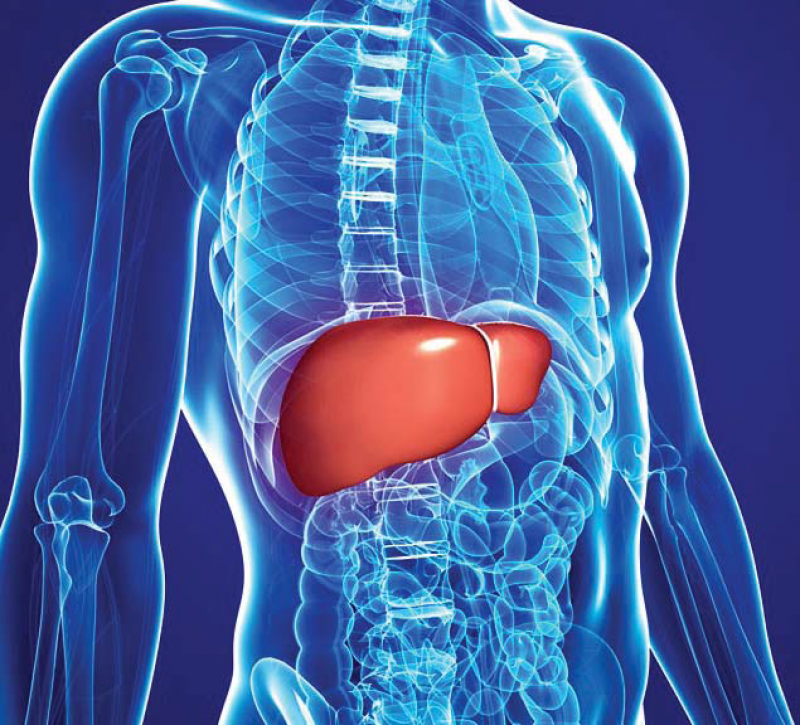IQ Launches Drug Induced Liver Injury (DILI) Initiative

September 27, 2016
Drug Induced Liver Injury (DILI) presents a critical challenge to the pharmaceutical industry and patient care. A new collaborative initiative was recently formed within the International Consortium for Innovation and Quality in Pharmaceutical Development (IQ) to tackle this challenge. This new group, IQ-DILI, is composed of pharmaceutical and biotechnology companies and focuses on defining best practices for the detection, monitoring, management and prevention of DILI in clinical trials and post-marketing pharmacovigilance programs.
IQ-DILI currently has six working groups focused on:
- Monitoring and assessment of potential DILI in patients with abnormal hepatic biochemical tests at baseline
- Causality assessment in all patterns of DILI (hepatocellular, cholestatic, hepatic steatosis, vascular) and best practices for drug rechallenge
- Immune-related liver injury due to immunotherapy, such as checkpoint inhibitors
- Development of strategies to investigate potential emerging biomarkers for the assessment of DILI
- Adjustments in monitoring and assessment of DILI during clinical trials based on nonclinical toxicology findings
- Post-marketing pharmacovigilance programs and Risk Evaluation and Mitigation Strategies (REMS) for DILI
IQ-DILI members include AstraZeneca, Bayer, Bristol-Myers Squibb, Celgene, Eli Lilly, Janssen, Otsuka, Pfizer, Sanofi, Takeda, and Theravance. A number of other pharmaceutical and biotech companies have expressed strong interest.
IQ-DILI intends to proactively communicate and coordinate with existing nonclinical, regulatory and academic DILI collaborations to ensure synergies and prevent redundant eff ort. IQ-DILI deems it essential to leverage the expertise and perspectives of these academic, industry and regulatory experts in such critical areas as nonclinical testing, new biomarkers, in-silico and in-vitro models, and phenotypes of DILI in clinical practice.
For further information, please contact us at Alexis.Robertson@dbr.com.